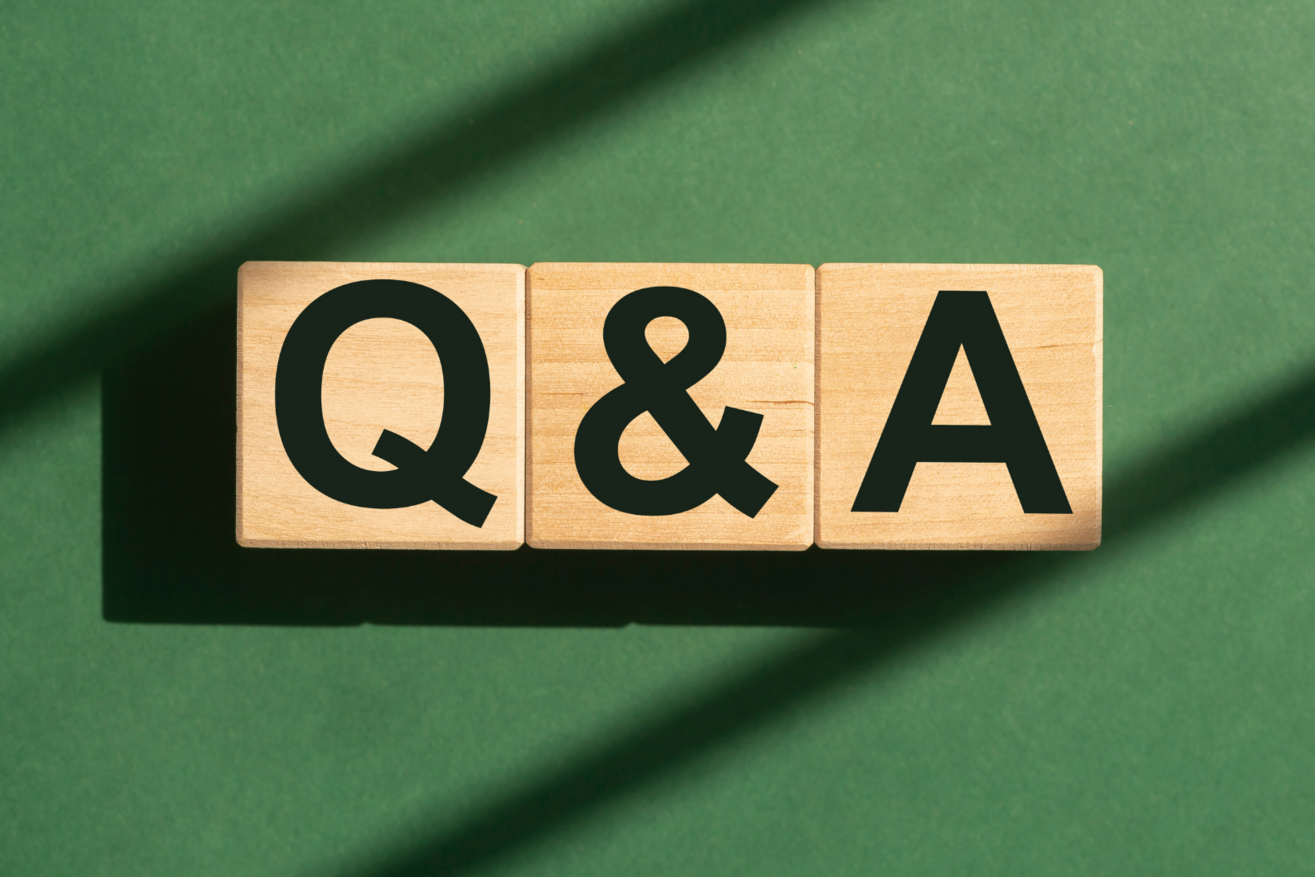Interim Insights: A conversation with Sustainability & ESG Expert, Ashley Tamburello

This month we speak to sustainability and ESG expert, Ashley Tamburello, on what a role in sustainability means, her career highlights and how roles in the space will evolve in the future.
What made you want to pursue a role within Sustainability?
Having grown up in a rural community from an early age, I developed a love of the natural world around me. Like many kids, I wanted to save the world – or at least all the animals!
Upon leaving university, I became a zookeeper in zoos and aquariums. I worked with elephants, giraffes and deep-sea animals such as eels, rays and sharks. As much as I loved the work, I am naturally a people person and wanted to be more forward facing. I moved into the sustainable education realm, going into schools to talk to young people about what they could do to feel empowered and make a difference in their local environment.
At the start of my career, climate change wasn’t at the forefront of professional discussions. Even when completing my graduate work in Natural Resources Management, climate change wasn’t discussed in depth. This evolved into a much more significant role, looking at how to combat climate change, be a sustainable individual, and be a sustainable organisation. Now when you talk about sustainability, you’re not only discussing combatting the massive beast of climate change but also how individuals and companies can become sustainable in their day-to-day operations.
What does a role in Sustainability encompass?
Self-awareness, as an individual, but also taking a close look at how your company operates. Is it truly sustainable?
Although sustainability and ESG are popular terms, when indeed pressed, many will realise they aren’t reaching their true sustainability potential, either as individuals or companies.
I recently spoke at the London Sustainability Forum on Sustainability in Leadership. If we look at the four pillars of sustainability, only one is environmental in focus – the others are human, social, and economic. Are the supply chains genuinely sustainable? Are you providing a living wage? Are you combating the gender wage gap? Are you approaching problems with systemic solutions? The key to success is self-reflection and honest discussions about the practices and processes in place.
Tell me about your role at Climate-KIC and some of your freelance positions.
Climate-KIC is an innovation community. In my role as Co-Head of Education and Learning, we oversaw multiple projects across the EU to deliver education programmes at all levels of learning, with specialist initiatives accelerating the transition to a zero-carbon economy. A personal interest of mine were projects that implemented the knowledge of climate innovation into creating long-term behavioural change, particularly themes like the Just Transition, which also looked at social changes.
During my freelance career, I’ve worked closely with various organisations, including start-ups, academic institutions, and small organisations, taking the lead on expanding and developing existing projects and providing sustainability and business development consultancy. I am currently working with the King Stage Business School, where we are building a new focus on sustainability.
What would you say your Career Highlights are? Where have you been able to have the most significant impact?
As we cannot singlehandedly create a massive turnaround in climate change, you almost have to redefine what you consider a success. I take great pride in the DE&I policies and the awareness that I have brought to integrating women, ethnically diverse individuals, neurodiversity, age, disability, and working parents back into the discussion of the professional world of climate change.
What are the challenges clients face when looking to hire for Sustainability roles?
Sustainability/ESG is a very competitive market and a ‘hot topic’, with more and more clients looking to bring sustainability focused roles into their organisations. Sustainability consultants are changemakers who are passionate and highly driven about their work. Companies must show applicants that their values align through the sustainability agenda; it cannot be greenwashing.
How do you get the Board to prioritise Sustainability?
It is important to remember that most consumers and clients want to support sustainable business practices and businesses that are doing everything they can to be sustainable and combat climate change. To meet customer and client demands and remain relevant in the marketplace, the board should prioritise bringing in people who value sustainability in the workplace. Clients are increasingly evaluating diversity amongst their board members; the same should apply to sustainability values.
How do you see roles within Sustainability evolving in the future?
I believe that sustainability, whilst still encompassing the environmental elements, will evolve to incorporate the other three pillars fully. We may see a move towards sustainability as part of a values-based economy and a values-based leadership model. And the stretching of sustainability away from just the environment to incorporate workers’ rights, ensuring that supply chains are sustainable. I also think this may reflect a movement of people who want a better work/life balance post-COVID and a sign of people who value DE&I.






